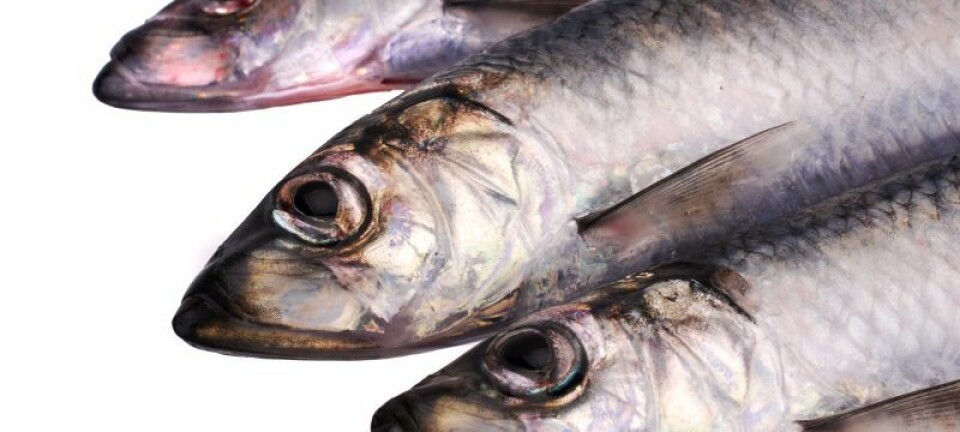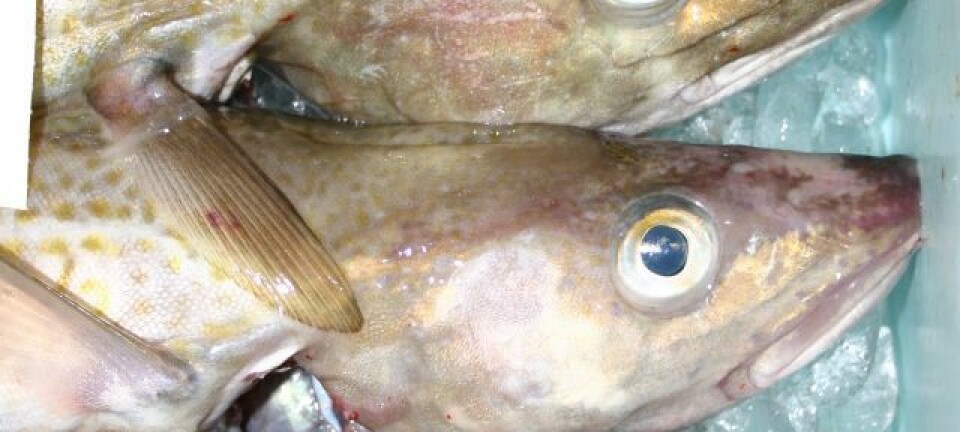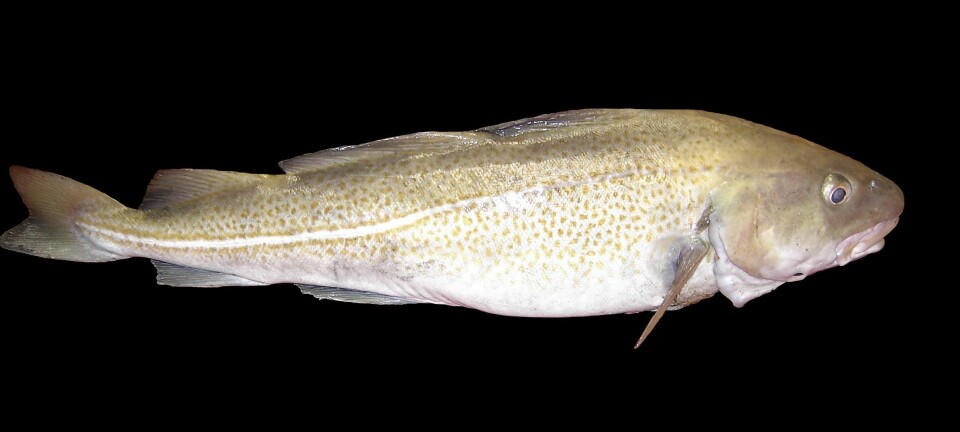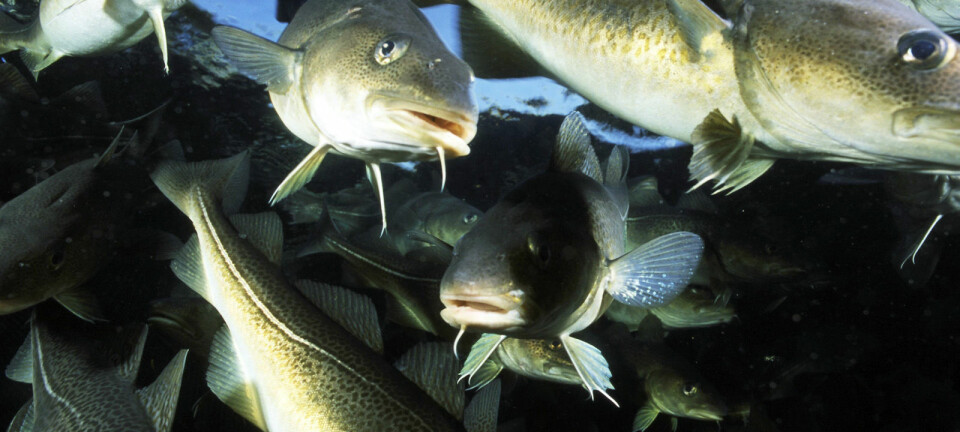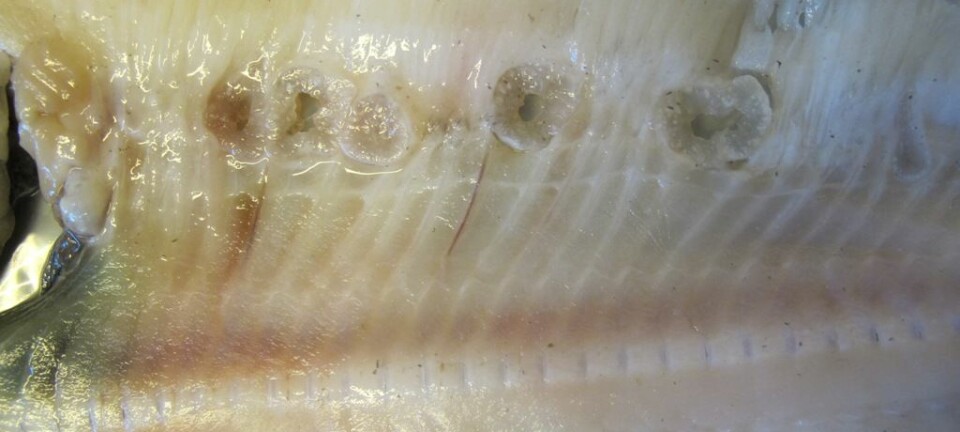This article was produced and financed by Nofima The Norwegian Institute of Food, Fisheries and Aquaculture Research
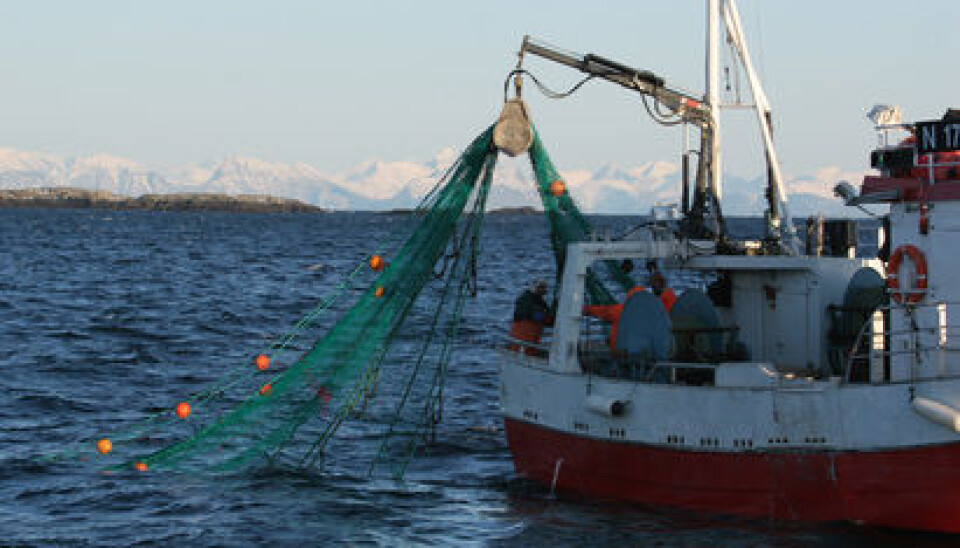
Fishermen want cod
Better prices cause the coastal fleet to prioritise cod over haddock and saithe.
Denne artikkelen er over ti år gammel og kan inneholde utdatert informasjon.
Most of the coastal fleet’s cod quota is caught in the first half of the year, providing fishermen a relatively good annual salary.
As a result, there is generally a low level of interest in the fleet’s quotas for species such as haddock and saithe, and large quotas for these species are transferred annually to the deep-sea fishing fleet.
A large research programme at Nofima, financed by the Fishery and Aquaculture Industry Research Fund (FHF), is entitled “Market-based harvesting strategies”.
One of the projects in the programme involved studying the coastal fleet’s catch behaviour, and looking at how this influenced the next link in the value chain.
The scientists have ascertained that fishing for cod is the coastal fleet’s top priority, largely because of the good prices the industry pays for the cod.
Little benefit
“However, we are now seeing that fishing for haddock and saithe is becoming a significant part of the income base for some coastal fishing vessels,” says Edgar Henriksen, who is project manager.
Despite this, large quotas of haddock and saithe remain, and these are transferred to the deep-sea fishing fleet. As a result, the Norwegian industry has little benefit from these catches as they are frozen and exported.
“The Norwegian fishing industry appears to be mostly interested in fresh fish of high quality, preferably hook-caught fish,” says Henriksen.
In the years ahead, attention should focussed on the long-term effect of increased onboard freezing in the deep-sea fishing fleet, in particular with a view to countering any undesired effects for the fishing industry’s supply situation if haddock stocks in particular, and consequently the quotas, are reduced from today’s level.
Another effect is that the deep-sea fishing fleet lose part of its income base, according to the scientists.







